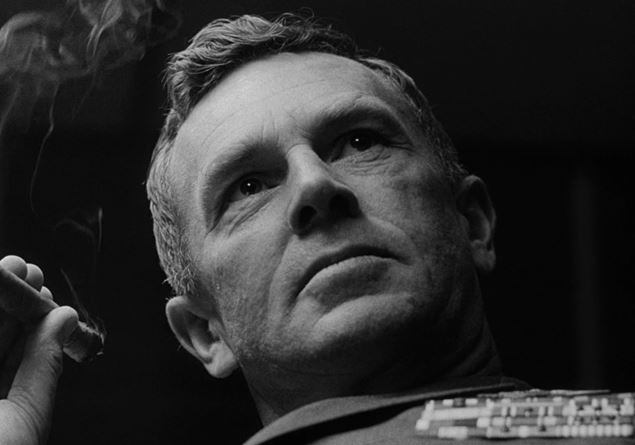
Terumi Tanaka, co-president of Nihon Hidankyo, Terumi Tanaka, the group of atomic bomb survivors who won the 2024 Nobel Peace Prize.
Open stage applause for the Nobel Peace Prize awarded to Nihon Hidankyo, the Japanese organization of survivors of the atomic bombs of Hiroshima and Nagasaki. The Norwegian Recognition Committee has decided to reward those who, through sacrifice and memory, fight for a world free from nuclear weapons. A precise, indeed inevitable, logic, given the global situation. Nuclear powers are modernizing and strengthening their arsenals, new countries are aiming for atomic weapons, and the threat of using them is increasingly real in ongoing wars. It is nothing new that the atomic threat is evoked with alarming lightness, and the end of humanity today appears less remote than we would like to believe. Ukraine is a battlefield on which the game of nuclear terror is being played.
Even in the Middle East, the silent but certain presence of Israel’s nuclear arsenal is a poorly kept secret, while Iran continues to push its atomic program, trying to escape Tel Aviv’s attempts to slow it down. Nuclear warheads, in addition to being in the hands of Russia, the United States, France, Great Britain, China, Pakistan, India and North Korea, are constantly being updated. Official figures speak of 12,121 warheads spread across the globe, enough to wipe out the Earth’s population several times over. The Nobel Committee reminded us all what nuclear weapons really are: “the most powerful instruments of destruction ever created by man.” In its motivation, the awarding of the prize to the Japanese organization honors “those survivors who, despite suffering and harrowing memories, have chosen to transform their experience into a commitment to peace”. A strong signal, a denunciation of how the balance of terror, which for decades has avoided direct clash between the superpowers, is today no longer an effective weapon of deterrence.
During the Cold War, Robert McNamara, when scientists calculated that there were “5 minutes to midnight” and Doctor Strangelove, the story of a crazed American general who wanted to trigger a nuclear conflict, was shown in theaters, the then Secretary of Defense of the United States United, he spoke of “mutual assured destruction”. It was a situation of balance between the USA and the USSR, in which each knew they could inflict such heavy losses on the other as to make any conflict senseless. Scary logic, but it worked. The Cuban Missile Crisis in 1962 brought the world to the brink of catastrophe, yet the balance held. But today? In a multipolar and fragmented world, this balance appears fragile. The United States and Russia are no longer the only powers with the ultimate weapon, and the danger that nuclear war will be triggered by a mistake or an act of desperation is real. The UN, which once seemed like the last line of defense, is paralyzed and often ridiculed, as the case of Lebanon demonstrates. His authority is contested, humiliated, under attack. As Toshiyuki Mimaki, co-president of Nihon Hidankyo, said: “The idea that nuclear weapons bring peace is a mistake.”
Mimaki then added: «It has been said that thanks to nuclear weapons, the world maintains peace. But these weapons can end up in the hands of terrorists. If Russia used them against Ukraine or Israel against Gaza, it wouldn’t end there. Politicians should know this.” The Norwegian Committee, however, wanted to recall an encouraging fact: no nuclear weapon has been used in war for 80 years. This is thanks, in large part, to the efforts of Nihon Hidankyo and the Hibakusha, who helped create a real taboo on the use of atomic weapons. But this taboo is fragile, and breaking it would mean the end of the world, as experts warn.
in the cover photo, a scene from the film “Dr. Strangelove”







